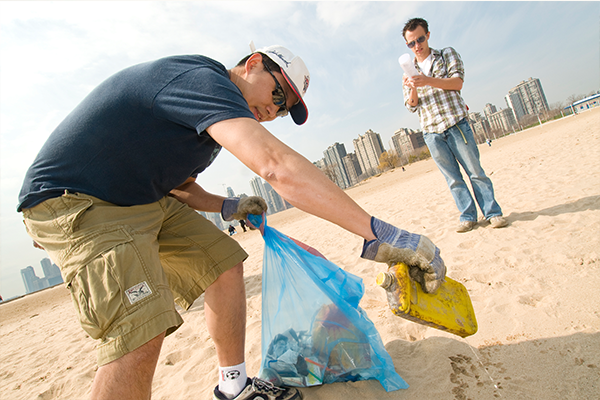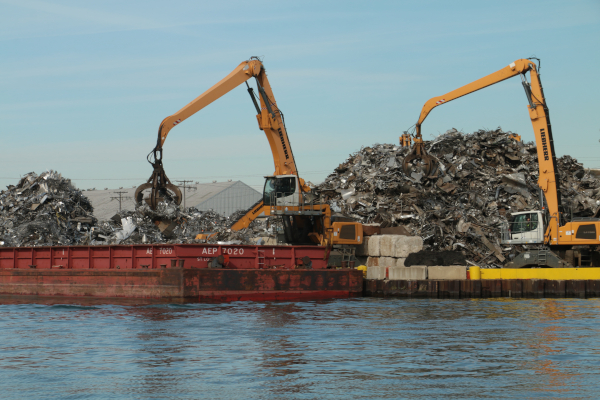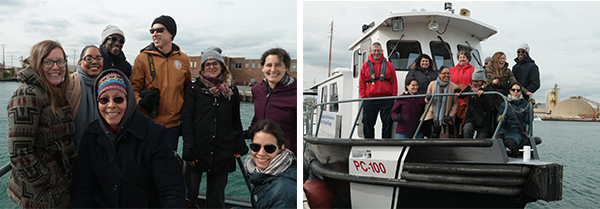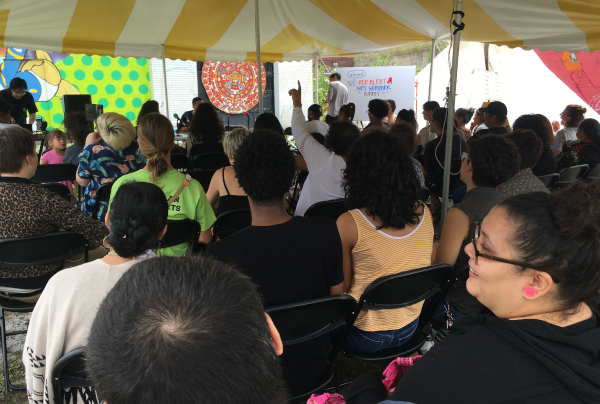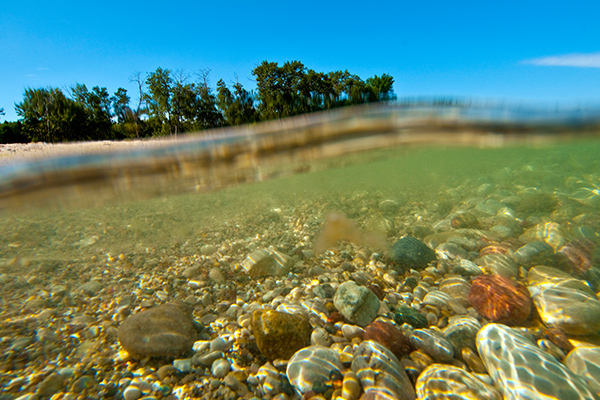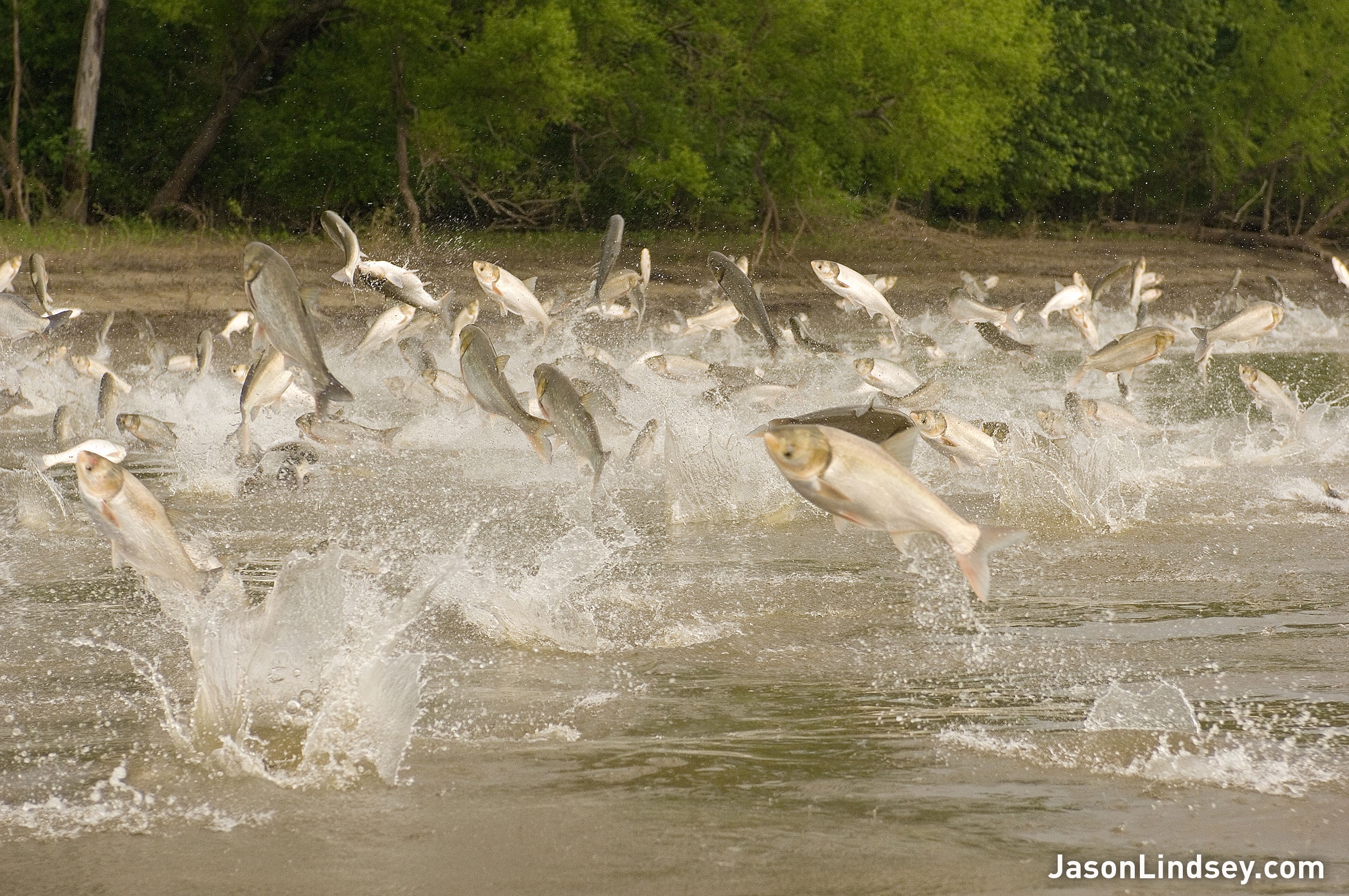“Social, Racial, and Economic Justice Are Inseparable from Environmental Justice”
Social, racial, and economic justice are inseparable from environmental justice. We cannot achieve our vision of a Great Lakes enjoyed by all when systemic racism is allowed to permeate our society unchecked. We are outraged by the death of George Floyd, who was killed by a police officer in Minneapolis. We are outraged at the threats made against Christian Cooper, who was birding in Central Park in New York City. We condemn these as part of a pattern of violence and racism, and we stand with the movement for black lives.
No one should have to fear for their health and safety when enjoying everything the Great Lakes have to offer – from hanging out with friends on a Chicago beach to drawing a glass of water from the tap at home to jogging along a lakefront trail in the city or the remote shores of Lake Superior. All too often, black, brown, and indigenous people cannot take these things for granted.
The Alliance for the Great Lakes has work to do to address racial equity in our work, internally and externally. We have started this – as individuals, as an organization, and in our communities – but we know that we have a long way to go.
To all who are fighting systemic injustice right now and those who are hurting, we and the Alliance hear you, see you, and stand with you. We are committed to fighting for justice in the communities where we live, work, and play.
There is no perfect starting point. It is important to just start. Here are three steps we are taking and we encourage you to join in:
- Donate to local social, environmental or racial justice organizations.
- Reflect on and speak up against injustice.
- Educate yourself in understanding systemic racism.
The post “Social, Racial, and Economic Justice Are Inseparable from Environmental Justice” appeared first on Alliance for the Great Lakes.
News – Alliance for the Great Lakes
News – Alliance for the Great Lakes
https://greatlakes.org/2020/06/social-racial-and-economic-justice/

